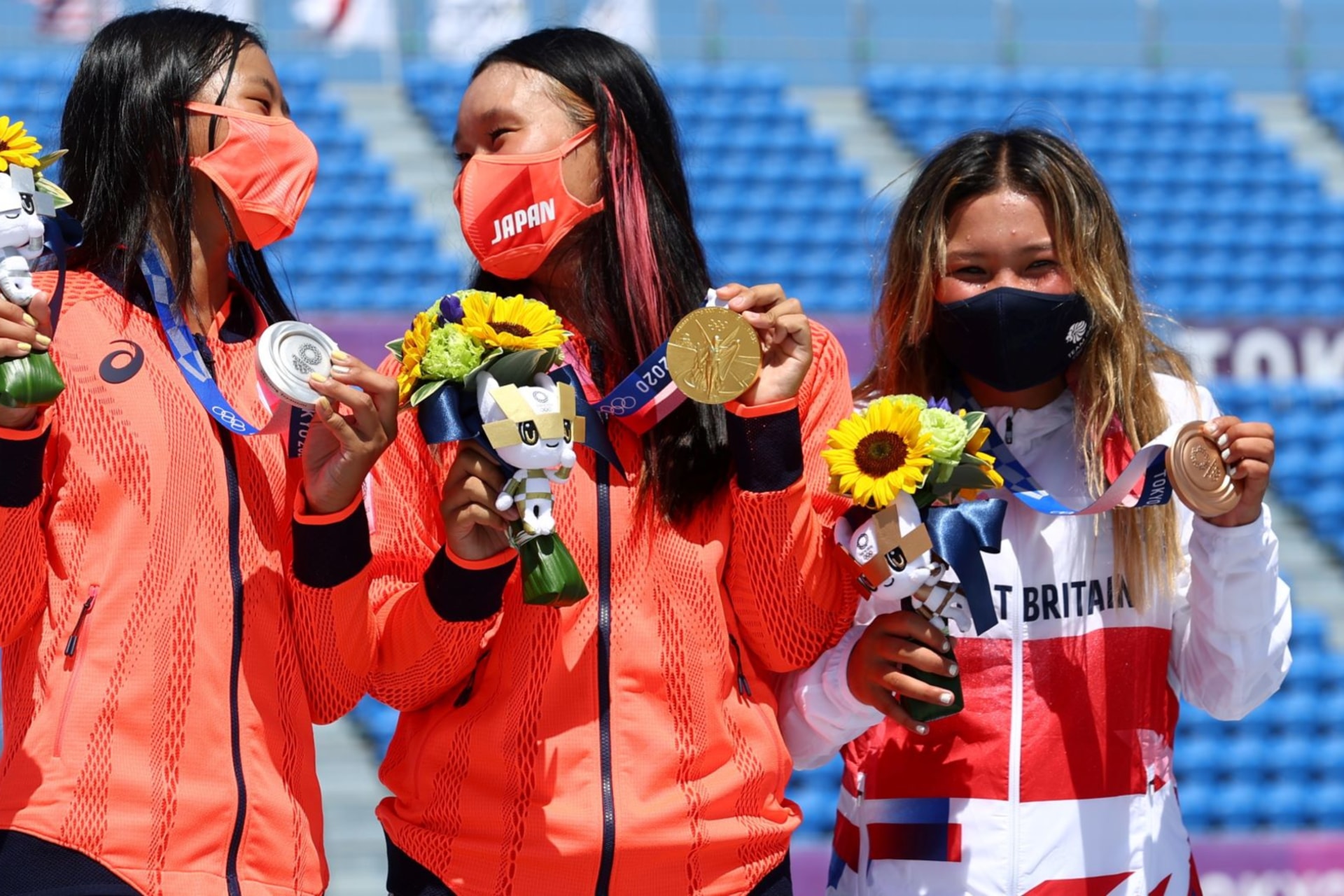Women This Week: Gender Equality at the Summer Olympic Games
Welcome to “Women Around the World: This Week,” a series that highlights noteworthy news related to women and U.S. foreign policy. This week’s post covers July 26 to August 2.

By experts and staff
- Published
Gender Equality at the Summer Olympic Games
The 2021 Tokyo Summer Olympics are the most gender-equal in the history of the Olympic Games, with women comprising almost 49 percent of the nearly eleven thousand athletes. In 1964, the last time the Olympics were held in Tokyo, women made up just over 13 percent of the total competitors. Mixed-gender events are also on the rise in the Olympics, with an additional seven sports in 2021, including events in track, swimming, shooting, judo, and table tennis. Despite this progress, only 33.3 percent of the International Olympic Committee’s executive board and 37.5 percent of committee members are women. Double standards between male and female athletes’ official uniforms also led to a public outcry after news broke that the European Handball Federation would fine the Norwegian women’s beach handball team for wearing shorts instead of the required bikini bottoms.
#MeToo Continues to Make Waves Globally
Survivors of sexual abuse and gender-based violence are using their platforms during the 2021 summer games to condemn their abusers and the systems protecting them. In addition to U.S. gymnasts speaking out about USA Gymnastics and Larry Nassar’s sexual violence, athletes competing for USA Fencing and USA Swimming recently filed complaints and lawsuits against abusive coaches. Beyond the Olympics, the #MeToo movement has continued to make an impact around the world. In China, police arrested one of the country’s most prominent figures—Canadian-Chinese pop star Kris Wu—on charges of rape. Since his arrest, at least two dozen women have come forward to accuse Wu of sexual assault. Meanwhile, legislators in California, the United Kingdom, and Ireland are seeking to regulate the use of nondisclosure agreements that prevent victims of discrimination, harassment, and abuse in the workplace from speaking up.
Human Trafficking: A Call to Action
Ahead of World Day Against Trafficking in Persons on July 30, UN Secretary General Antonio Guterres called on member states to do more to combat human trafficking, noting its growing prevalence during the COVID-19 pandemic. Women and children have been increasingly targeted on online platforms for sexual exploitation, forced marriage, and other forms of abuse, as the pandemic has left marginalized populations highly vulnerable to trafficking. Governments around the world—including in Ghana and Liberia—have heeded this call by outlining increased efforts to protect victims of human trafficking and to hold perpetrators accountable. In the United States, the Biden administration has established a new Human Smuggling and Trafficking Task Force to disrupt and prevent migrant smuggling and human trafficking operations.